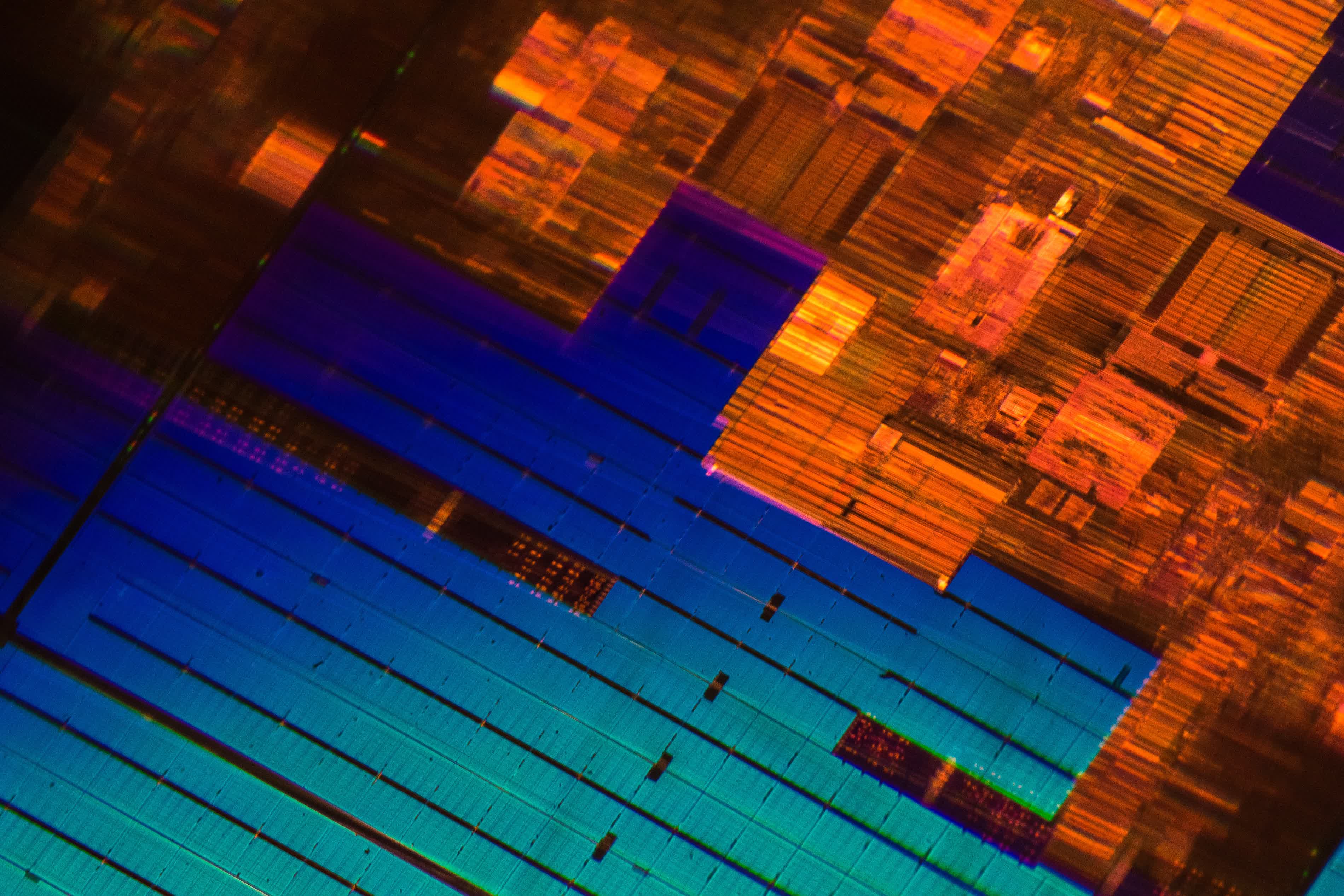Chipmakers may possibly quickly get $52 billion CHIPS Act windfall, but there is certainly a catch
 [ad_1]
[ad_1]
In quick: Rebuilding the semiconductor industry in the US will not only consider time but also a important sum of governing administration subsidies for equally American and foreign companies. A slimmed-down model of the needed laws is now subject to the first procedural vote, to with any luck , get it handed as shortly as upcoming week. Even so, the invoice arrives with some fantastic print for organizations that have a existence in China or desire to work there in the foreseeable future.
It wouldn't be the very first time silicon giants warned about the lack of federal government funding for their enlargement attempts, but they're after again sounding the alarm. Past month, organizations like TSMC, GlobalWafers, and Intel warned that except Congress unlocks $52 billion in funding for the domestic semiconductor market, they will never be capable to execute on their recent ambitions.
Therefore significantly, Intel seems like it will be the largest beneficiary of the new subsidies, as the CHIPS Act is technically meant to assist domestic businesses initial and foremost. That mentioned, market bodies like SEMI final year built the situation for aiding the better semiconductor ecosystem, which incorporates a number of foreign businesses that wish to increase their US footprint.

On Monday, US Senate Greater part Chief Chuck Schumer stated the Senate would vote on the make any difference of government subsidies for the chipmaking business by managing it as a individual bill. This would see chipmakers get $52 billion though telecom corporations would get $1.5 billion for 5G network deployments.
Previously, this was section of a greater, $250 billion bill regarded as the US Innovation and Competition Act. Pushed by fears that much too substantially of the worldwide semiconductor creation takes place in Taiwan, governments are racing to make far more local producing ability to cut down the danger of long run shocks triggered by trade tensions.
It's worth noting the new governing administration stimulus for chipmakers will come with some modest print. On just one hand, providers like Nvidia, AMD, Qualcomm, Micron, Texas Devices, NXP Semiconductors, GlobalFoundries, and equipment suppliers like ASML and Lam Research could benefit from the subsidies, if only as a one particular-time party. On the other, they would be needed to chorus from setting up or increasing operations in international locations viewed as "unfriendly."

Main among these unfriendly nations around the world would be China, which is setting up to minimize its reliance on semiconductor imports as before long as probable. Any business that desires to extract resources from the $52 billion pool will not likely be permitted to make chips on a 28nm or smaller sized course of action node in the country.
Some field officials imagine this threshold will not make sense offered the fast rate of progress in course of action technology. Samsung not too long ago started creating chips on a 3nm procedure, with TSMC expected to adhere to in the coming months. Intel is however catching up, but it does not have any formal designs to establish state-of-the-art fabs in China.
Still, the even bigger issue is that China is shelling out around $155 billion on the research and advancement of advanced chipmaking systems. In some areas like NAND manufacturing, Chinese businesses these as YMTC are immediately closing the gap when compared to other marketplace giants like Micron and Samsung. There is a danger that the $52 billion the US is eager to spend in domestic potential developments may well not be sufficient.
Another problem is a dearth of competent personnel — a issue that is felt across the world wide semiconductor and electronics industries, which includes spots like Taiwan. Facilitating immigration by learners and experienced engineers and researchers is one particular way to solve this concern. A further would be to aid microelectronics and semiconductor diploma systems this kind of as the one not long ago introduced by Purdue College, or initiatives like the American Semiconductor Academy.
Last of all, it appears to be that not all chipmakers are content with the CHIPS Act in its existing sort. These organizations have questioned to be unnamed to steer clear of possible sector and government blowback, but it would not be way too hard to guess they're of the fabless assortment.
One particular such enterprise spelled out off the file that "you have Intel that may possibly get $20 billion with CHIPS Act moreover $5 billion or $10 billion less than the FABS Act. So $30 billion goes to your direct competitor, and you don't get a penny? Which is going to result in challenges in the marketplace." In other text, fabless companies wish they could get tax credits for style activities, but they're not holding their collective breath for it to transpire whenever quickly.
Picture credit history: Jason Leung, Ian Hutchinson
[ad_2] https://g3box.org/news/tech/chipmakers-may-possibly-quickly-get-52-billion-chips-act-windfall-but-there-is-certainly-a-catch/?feed_id=3117&_unique_id=62d7d478f0c5a


0 comments:
Post a Comment